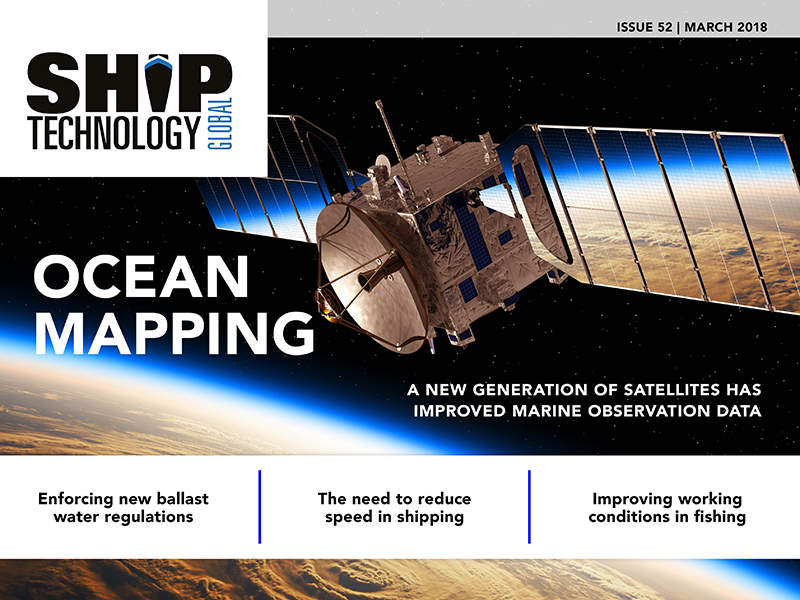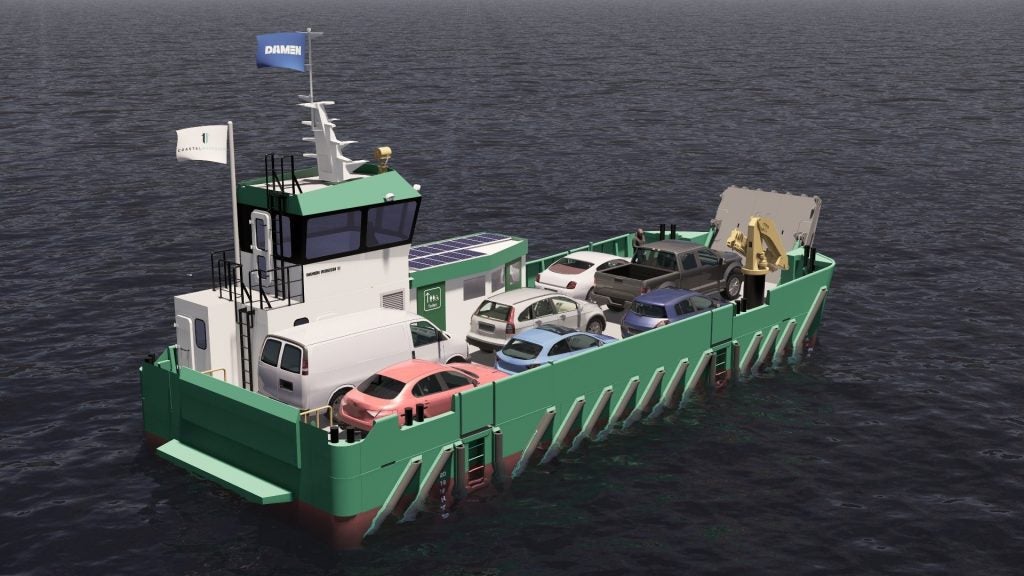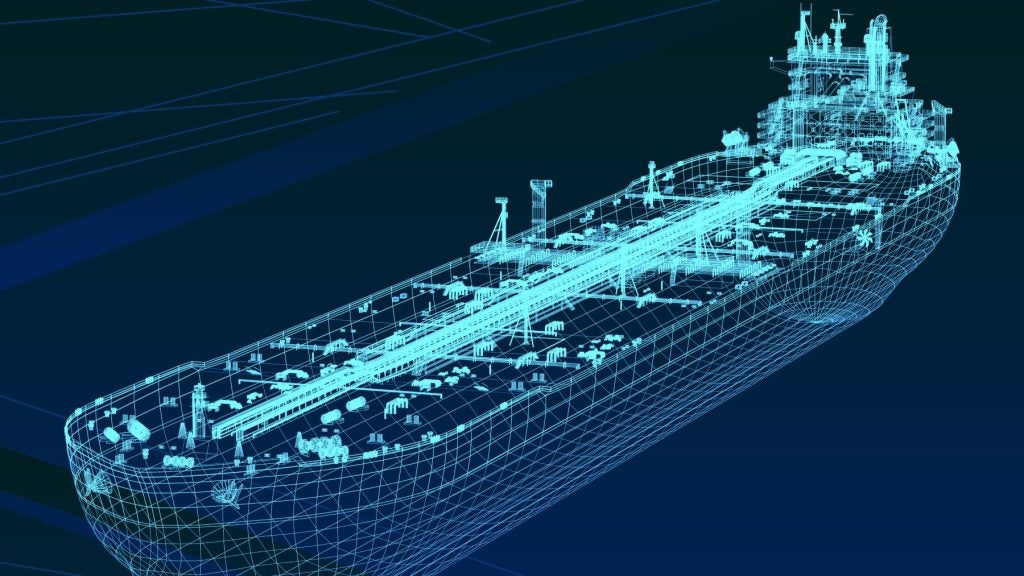
Ship Technology Global is now available on all devices. Read it for free here.
The Ballast Water Management Convention might now be in force, but shipowners are dragging their heels over installing new systems to prevent the spread of potentially invasive alien species in the ballast water of ships. A lack of specialist expertise and training from manufacturers isn’t helping progress, as we find out.
We also learn how monitoring our oceans has improved over the decades, consider the extent to which speeding up or slowing down vessels can protect marine life, lower transport fuel costs and provide a boost to jobs, and find out how some landlocked countries have developed thriving maritime economies.
Finally, we take a closer look at the Nairobi Convention to understand what is being done to protect the seas from dangerous shipwrecks, and explore the main challenges still facing the fishing sector following the introduction of new legislation to improve conditions for workers.
In this issue
Old attitudes, new systems: why shipowners are struggling to adapt to the BWMC
The Ballast Water Management Convention might now be in force, but shipowners are dragging their heels over installing new systems. A lack of specialist expertise and training from manufacturers isn’t helping progress, as Ross Davies reports.
Read the article here.
Mapping our oceans: how the Earth’s satellites power shipping
With the launch of a new generation of powerful satellites, marine observation data has vastly improved. Eva Grey finds out how ocean monitoring has improved over the decades, and how the data is used to improve shipping operations.
Read the article here.
How well do you really know your competitors?
Access the most comprehensive Company Profiles on the market, powered by GlobalData. Save hours of research. Gain competitive edge.

Thank you!
Your download email will arrive shortly
Not ready to buy yet? Download a free sample
We are confident about the unique quality of our Company Profiles. However, we want you to make the most beneficial decision for your business, so we offer a free sample that you can download by submitting the below form
By GlobalDataSpeed limits: why won’t the shipping industry commit?
There’s no doubt that slower steaming equals reduced greenhouse gas emissions, so why hasn’t the shipping industry committed to speed limits? Elly Earls finds out.
Read the article here.
Can landlocked countries develop a blue economy?
A United Nations report revealed that poor connectivity prevents smaller and weaker economies from reaching world markets. However, for those few landlocked countries that have developed a maritime industry, the risk seems to have been worth it, as Eva Grey reports.
Read the article here.
The Nairobi Convention: navigating obstacles to shipwreck removal
Canada recently became the latest state to adopt the Nairobi International Convention on the Removal of Wrecks. With abandoned wrecks still creating hazardous obstacles for ships at sea, Joe Baker asks whether the convention could create a more unified approach to their removal worldwide.
Read the article here.
Fishing’s dark side: the need to improve conditions for workers
Countries and organisations are coming together to try and improve conditions for workers in the fishing sector, who often bear the brunt of unsafe conditions and informal working practices. Joe Baker asks, what are maritime and governmental organisations doing about it?
Read the article here.
Next issue preview
The most recent update to Electronic Chart Display and Information Systems appears to have been ignored by many, despite improvements to danger detection, sensor integration and alarm management. Is general distrust of software updates to blame, or do manufacturers need to work harder to communicate their benefits?
We also take a closer look at the ferry industry as it gears up for growth, explore the most innovative predictive visibility projects helping ports cut costs, and consider the major questions posed by autonomy on the seas and what any potential regulation could look like.
Finally, we map the world’s hotspots for shipping incidents such as piracy and collisions, and talk to the Royal Alfred Seafarer Society about the importance of offering retired seafarers like-minded companionship and suitable care.





